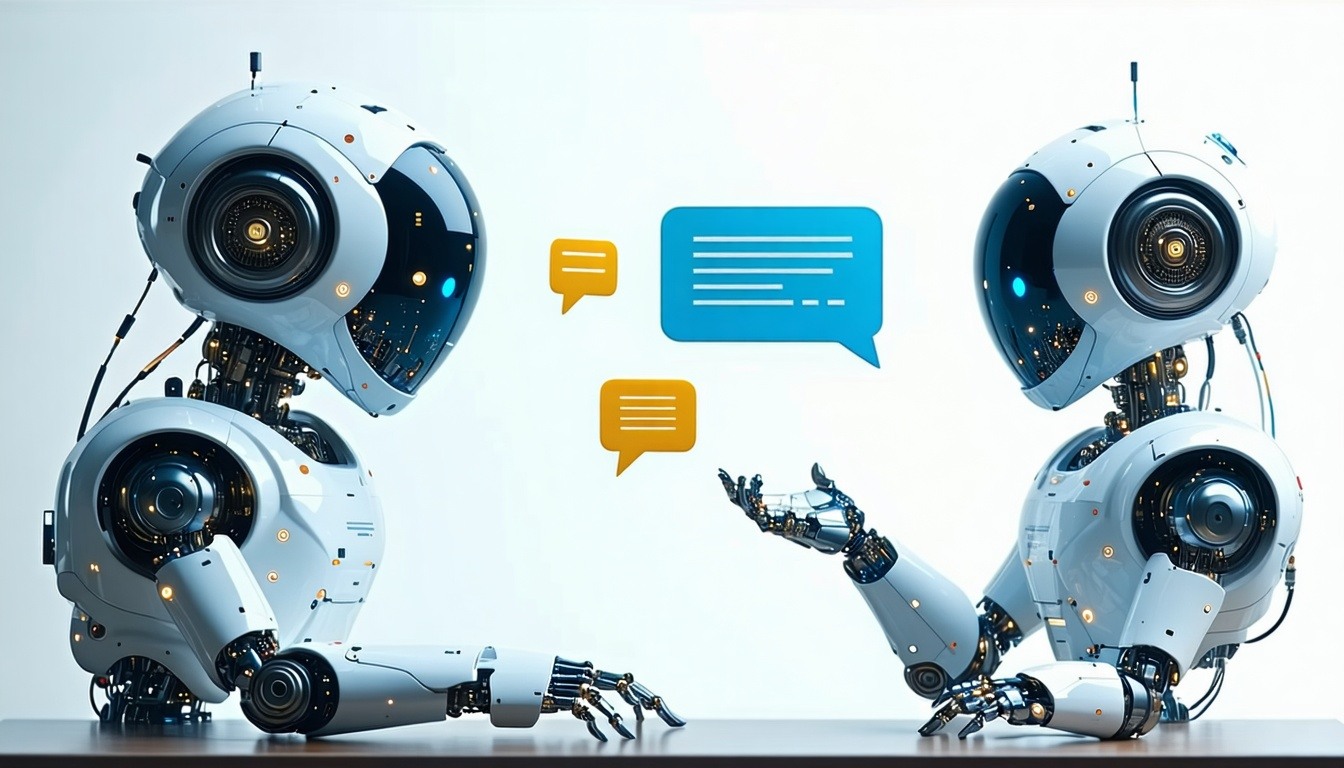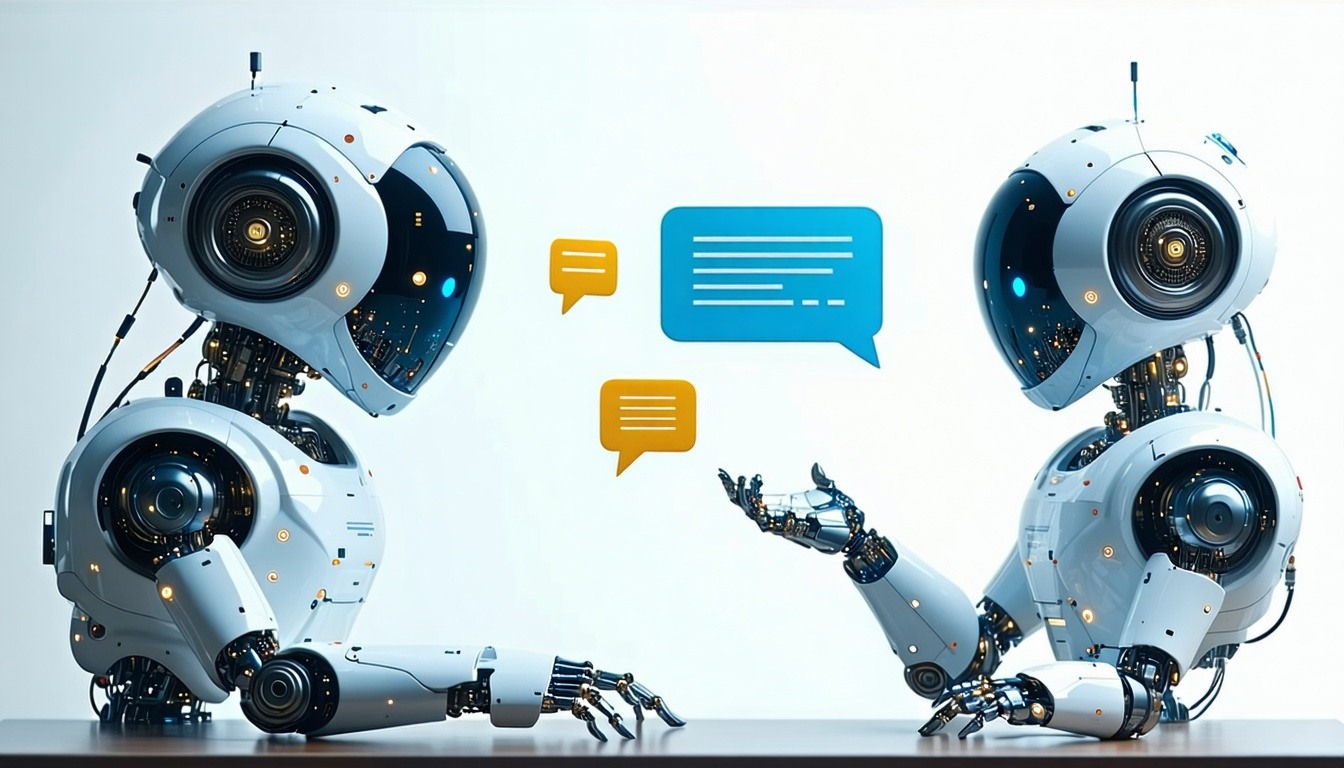
The Future of Natural Language Processing in AI

Natural Language Processing (NLP) is revolutionizing how we interact with technology, opening new horizons for businesses in the professional services industry.
The Evolution of Natural Language Processing
Natural Language Processing (NLP) has come a long way since its early days. Initially, NLP focused on basic tasks such as spell-checking and simple text classification. Over the years, advancements in machine learning and deep learning have significantly enhanced NLP capabilities, enabling more complex tasks like sentiment analysis, language translation, and voice recognition.
Today, NLP technologies are more sophisticated than ever, leveraging vast amounts of data and advanced algorithms to understand and generate human language with high accuracy. This evolution has been fueled by the increased availability of computational power and the development of more efficient models, such as transformers and large-scale language models like GPT-3.
How NLP is Transforming Professional Services
In the professional services industry, NLP is driving significant transformation. Legal firms are using NLP to automate the review of legal documents, saving time and reducing human error. Financial institutions leverage NLP for analyzing market trends and customer feedback, enabling better decision-making and personalized financial advice.
Consulting firms are also benefiting from NLP by using it to sift through vast amounts of data to extract actionable insights. This allows consultants to provide more accurate and timely recommendations to their clients, ultimately enhancing the value of their services.
Key Challenges and Opportunities in NLP
Despite its advancements, NLP still faces several challenges. One major challenge is the ambiguity and complexity of human language, which can make it difficult for NLP systems to accurately interpret context and nuance. Additionally, issues related to data privacy and the ethical use of AI remain significant concerns.
However, these challenges also present opportunities for innovation. For instance, improving NLP models to better understand context and cultural nuances can lead to more accurate and reliable applications. Additionally, developing robust frameworks for ethical AI usage can help build trust and drive wider adoption of NLP technologies in the professional services industry.
Innovative Applications of NLP in AI
NLP is being applied in a variety of innovative ways within the AI landscape. One notable application is in customer service, where chatbots and virtual assistants use NLP to provide instant, accurate responses to customer inquiries, enhancing the overall customer experience.
Another exciting application is in content creation and curation. NLP-powered tools can generate high-quality content, summarize large documents, and even create personalized marketing messages. These applications not only save time but also ensure that the content is tailored to the specific needs and preferences of the audience.
The Road Ahead: Future Trends in NLP
Looking ahead, the future of NLP is promising. One anticipated trend is the continued improvement of language models, making them more capable of understanding and generating human language with greater accuracy and nuance. This will likely lead to even more sophisticated and reliable NLP applications.
Another key trend is the integration of NLP with other emerging technologies, such as augmented reality (AR) and virtual reality (VR). This integration could enable new ways of interacting with digital content, providing more immersive and intuitive user experiences. As these trends unfold, the impact of NLP on the professional services industry is expected to grow, driving further innovation and efficiency.

